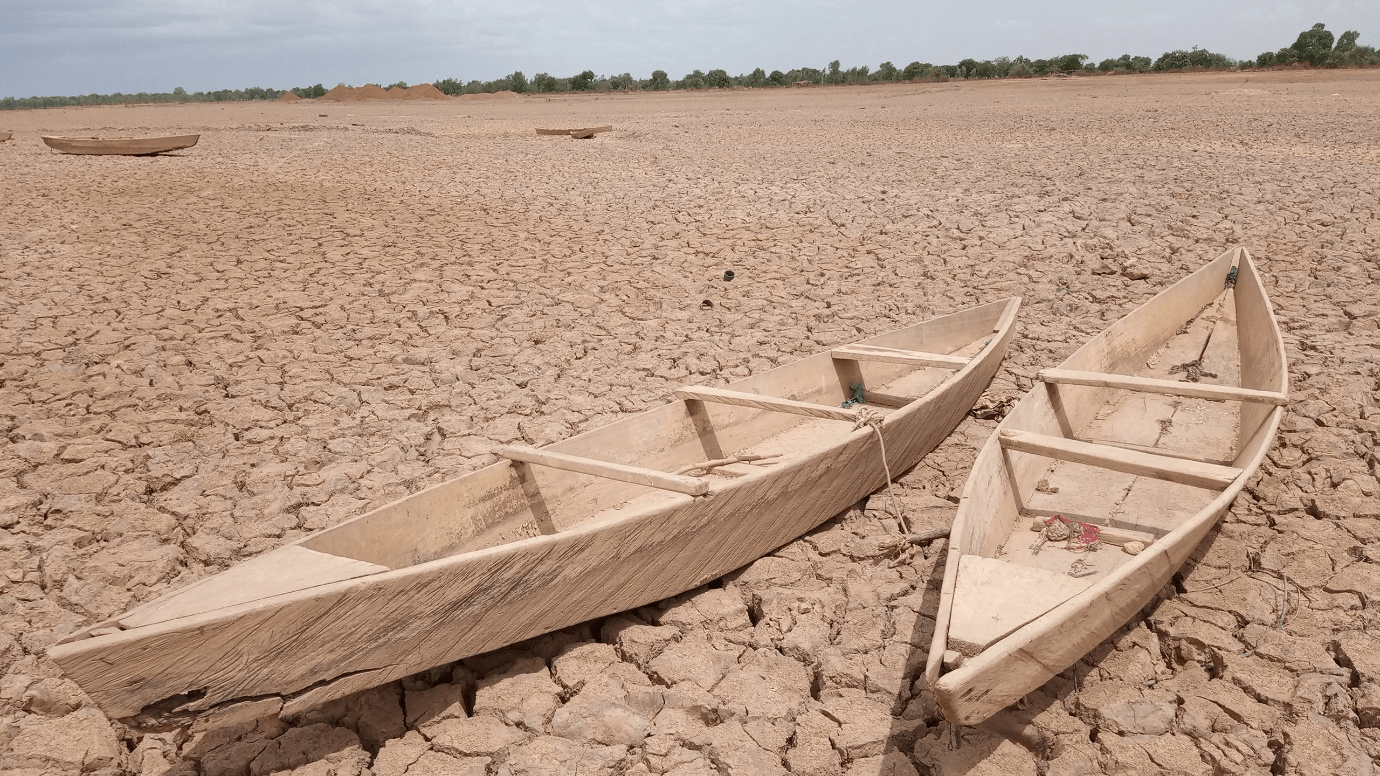

February 16, 2022: -On Monday, the megadrought gripping the American West has generated the driest two decades in the region in nearly 1,200 years, and human-caused climate change has fueled the problem, scientists said.
In their research, published in the journal Nature Climate Change, scientists analyzed droughts in southwestern North America which dated back to the year 800. They found that conditions during this century are more severe than the megadrought in the late 1500s.
Researchers also warned that the conditions would likely continue through 2022 and persist for years. According to the National Oceanic and Atmospheric Administration, a megadrought is defined as a prolonged and severe drought spanning two decades or longer.
“Rather than starting to die away after wet years in 2017 and 2019, the 2000s drought has ramped up with authority in 2020-2021, which makes it clear that it’s as strong as it ever was,” said A. Park Williams, a climate scientist at UCLA.
“There is absolute evidence that the 2000s drought is starting to relent,” added Williams, who led the analysis which uses tree-ring data.
While researchers said the U.S. West would be in drought regardless of climate change, they calculated that 42% of its severity could be attributed to higher temperatures due to human-related causes, which cited greenhouse gas emissions trapping heat in the atmosphere.
According to the U.S. drought monitor, almost 95% of the region is experiencing drought conditions, and along with it, intense wildfires and declining water supplies in the Colorado River region.
Water levels at the two largest reservoirs, Lake Mead and Lake Powell, are at their lowest levels ever recorded. And in 2020, the worst wildfire season on record burned more than 10 million acres in the U.S.
Federal officials in the previous year ordered the first-ever water cuts for the Colorado River Basin, affecting supplies of water and power for more than 40 million people across the West.
In California, Gov. Gavin Newsom asked residents to curb household water consumption by 15% amid record-breaking temperatures. And water officials warned that California could face its third consecutive dry year due to a significant lack of snow this season.








© THE CEO PUBLICATION 2021 | All rights reserved. Terms and condition | Privacy and Policy